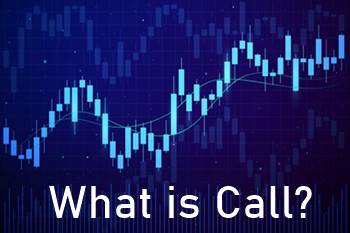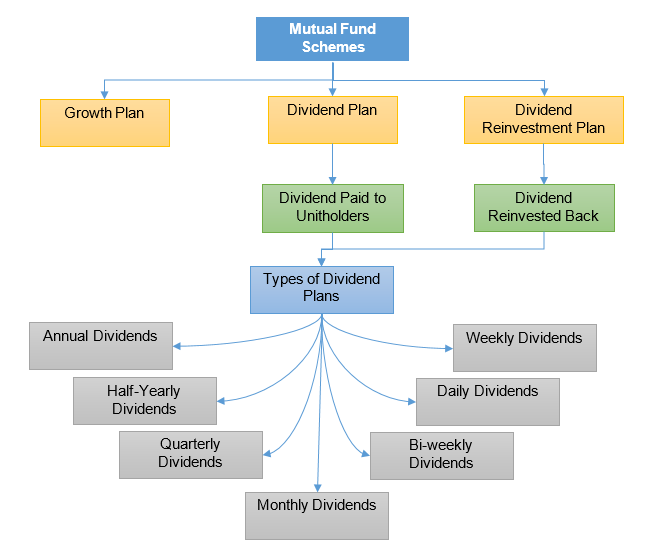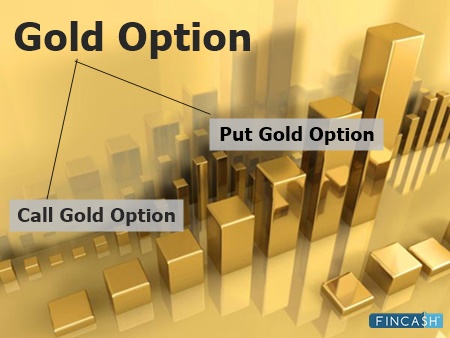
Table of Contents
Basics of Call Options Explained
Several investors work with the belief that Options Trading is the riskiest way to invest in the stock market. And, undeniably, many traders are using options these days to take aggressive calls regarding the directions in which a specific stock will be moving.
However, a point to keep in mind is that Call options are not a vehicle that can be used to gamble in a high-risk environment. There are several such strategies that can be used to decrease the risk significantly.
This post helps you take a closer look at the basics of a Call option and its methodology. Let’s know more about the same.

What is a Call Option?
Call options are those financial contracts that provide a right to the trader, but not the Obligation to purchase a bond, stock, commodity or any other instrument or asset at a certain price within the specified time period.
These Bonds, stocks, or commodities are known as the Underlying asset. You get to gain profit if your Underlying Asset increases in terms of their pricing.
The Nitty-gritty of Call Options
To provide options on stocks, call options allow the trader a right to purchase 100 shares of a company at a given price, called the strike price. However, this only works up to a specific date, called the expiration date.
For instance, with one call option contract, a trader gets the right to purchase 100 shares of Tata company at INR 100 only till the expiry date, which is within three months.
Now, a trader gets varied strike prices and expiration dates to select from. With the value of Tata company stocks going up, the option contract’s price also increases and vice versa.
The call option trader may keep the contract until it expires. And then, they can take delivery of 100 stock shares. If not, they can sell the options contract any time before it expires at the standard Market price.
The call option market price is known as the option premium. It is the price that the traders pay for rights that a call option offers. In case, at the time of expiry, the underlying asset is less than the strike price, the trader ends up losing the premium paid.
On the contrary, if the underlying price is more than the strike price at the time of expiry, the profit will be the premium and strike place deducted from the current stock price. Then, the value is multiplied by the number of shares the trader controls.
Talk to our investment specialist
Weekly and Monthly Call Options
Lately, SEBI and the exchanges came up with a new product in the financial market, known as weekly options. They are specifically in regards to the Bank Nifty. The notion is to decrease the options risk by bringing the expiry every week.
On the other hand, the monthly call option is a mainstream covered call strategy that expires every last Thursday of the month.
Defining ITM and OTM Call Options
In-the-money (ITM) call options are the ones where the market price is more than the strike price. The Out-of-the-money (OTM) call options are the ones where the market price is lesser than the strike price.
For example, in case you buy a call option for the Infosys and it has a market price of Rs. 500, then 460 will be ITM call option, and 620 will be OTM call option.
Influencing the Call Options Price
Basically, several factors can affect the call option price. Out of these, the market price and strike price are two significant aspects. Other than them, political events can also contribute to the Volatility and uncertainty in the market; hence, increasing the costs.
Similarly, if there is a cut in interest rates, it can increase the current strike price value and decrease the gap between the market price and the strike price; hence, leaving a negative impact on call options.
Conclusion
Of course, call options involve high risk. However, if used correctly, they can help make smart and fruitful investment choices without putting the hard-earned money in a risky environment. In fact, several traders use this option as a tool to put together all of the long-term investments in a basket. So, if you are thinking to invest in call options, ensure that you are cautious enough with the risks and dangers.
All efforts have been made to ensure the information provided here is accurate. However, no guarantees are made regarding correctness of data. Please verify with scheme information document before making any investment.












